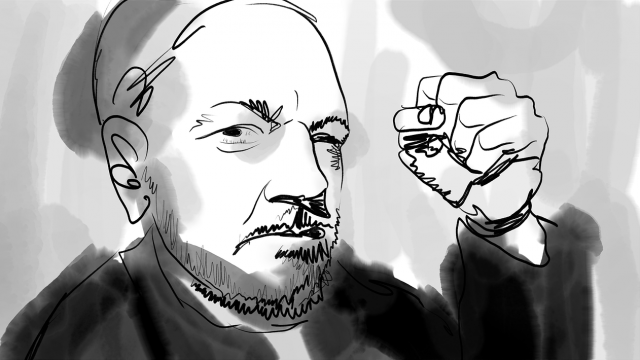Opinion: Julian Assange's road to freedom should have been stronger

By Mark Kenny
A version of this article was originally published by The Canberra Times.
What felt like the sudden release of Julian Assange - information anarchist, rogue publisher and enfant terrible - was a long-fought victory for public pressure and quiet diplomacy.
Just as it had been in the repatriation of another political prisoner, Cheng Lei, only eight months before.
It was a hard grind. America's vindictive off-shore pursuit of a foreign national dragged on through five years of solitary confinement, endless extradition proceedings and appeals. The US showed zero mercy.
However, behind the inscrutable righteousness of its resolve, lawmakers and officials slowly cracked. Meetings were taken, arguments heard, alternatives considered. As Australia's former foreign minister Bob Carr had argued, our closeness to the US surely counted for something, especially in light of AUKUS.
"I don't believe the president can shake his head and say, "nope", given all we have gifted - the potent symbolism of B52s, nuclear subs and bases on the east and west coast," wrote Carr eleven months ago, warning we risked looking like a US territory, "as much a dependency as Guam or Puerto Rico".
Let's be clear. In publishing thousands of leaked military documents Assange broke no Australian law, and had not been on US soil when the publication occurred. His defence should have been stronger, earlier.
But this case had everything.
The Australian is not well liked. Democrats could not forgive him for the release of emails from Hillary Clinton's campaign which helped Donald Trump across the line in 2016.
And from the start, there was scoffing contempt from Australian journalists and the government. Just months into her prime ministership in 2010, Julia Gillard said, "let's not try and put any glosses on this. It would not happen - information would not be on WikiLeaks if there had not been an illegal act undertaken."
Successive PMs put nothing into helping him. Until now.
The plea deal for his release is an ambiguous, worrying resolution, but it is one all parties can live with. For now, anyway.
Mark Kenny is the Director of the ANU Australian Studies Institute and host of the Democracy Sausage podcast.








